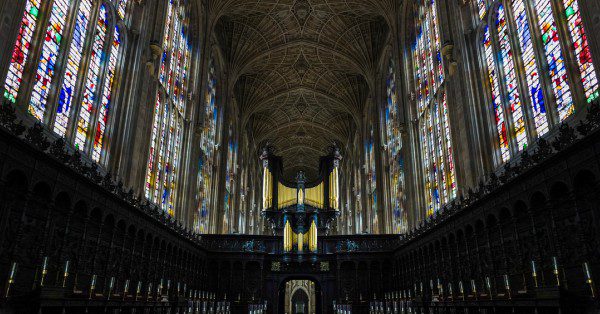Here are a few thoughts I delivered to Anglican clergy in the Dallas area a few weeks ago.
Anglicanism is a treasure to be received in gratitude and joy. It is a gift from God, not simply a pretty way of worship and living devised by some creative souls.
It is the faith and life of the catholic church developed over its first seventeen centuries, leavened with Reformation soteriology. It is particularly marked by the elegance of Thomas Cranmer’s liturgy, enriched by the bishops who gave us the 1662 Book of Common Prayer.
Its method is that of Richard Hooker, whose vision of the Trinitarian God of Israel was steeped in meditation on Scripture using the prism of the Fathers.
It adopts the Trinitarian three-fold rule of the Great Tradition:
- The Daily Office, from the Father, giving us the Word and prayer in morning and evening.
- Ecstatic prayer throughout the day by the Spirit.
- Communion with the Son in the Eucharist weekly and daily.
Anglicanism is not just prayer or liturgy or sacraments or Scripture preaching and meditation or learning from the Great Tradition of theology and exegesis or saints or icons–but all of the above.
Therefore we Anglicans should remember three things.
- Be Anglican, not non-denominational wannabes. They can have their mega-churches with their theology of the multitudes. We preach a theology of the remnant, where we worship with Jesus’ “little flock,” trying to walk the narrow way. (On the difference between these two theologies, see Martin Thornton, Pastoral Theology: A Reorientation.)
- Don’t blur or smear or diminish the beauty of holiness. We do these things by dumbing down or watering down the mystery of the liturgy and sacraments. When we fear people will not understand or be offended by our liturgy and sacramental theology, we might be influenced by rationalism or unbelief.
- Let God’s ways of worship (in the historic liturgy) and showing the gospel (in the sacraments) and feeding His people (in the Eucharist) do their work. We don’t need to help Him. Let God be God.
Three caveats:
- I don’t mean to disparage other Christian traditions. God uses them in many and mysterious ways. They have things to teach us, and we should learn from them.
- Anglicanism is a big tent, with room for high and low ways of worship.
- Anglicanism has developed in some important ways since the 17th century, most significantly by thinkers like Newman in his Anglican period and E. L. Mascall in the 20th century. But the essential shape was developed by the end of the 17th century.












